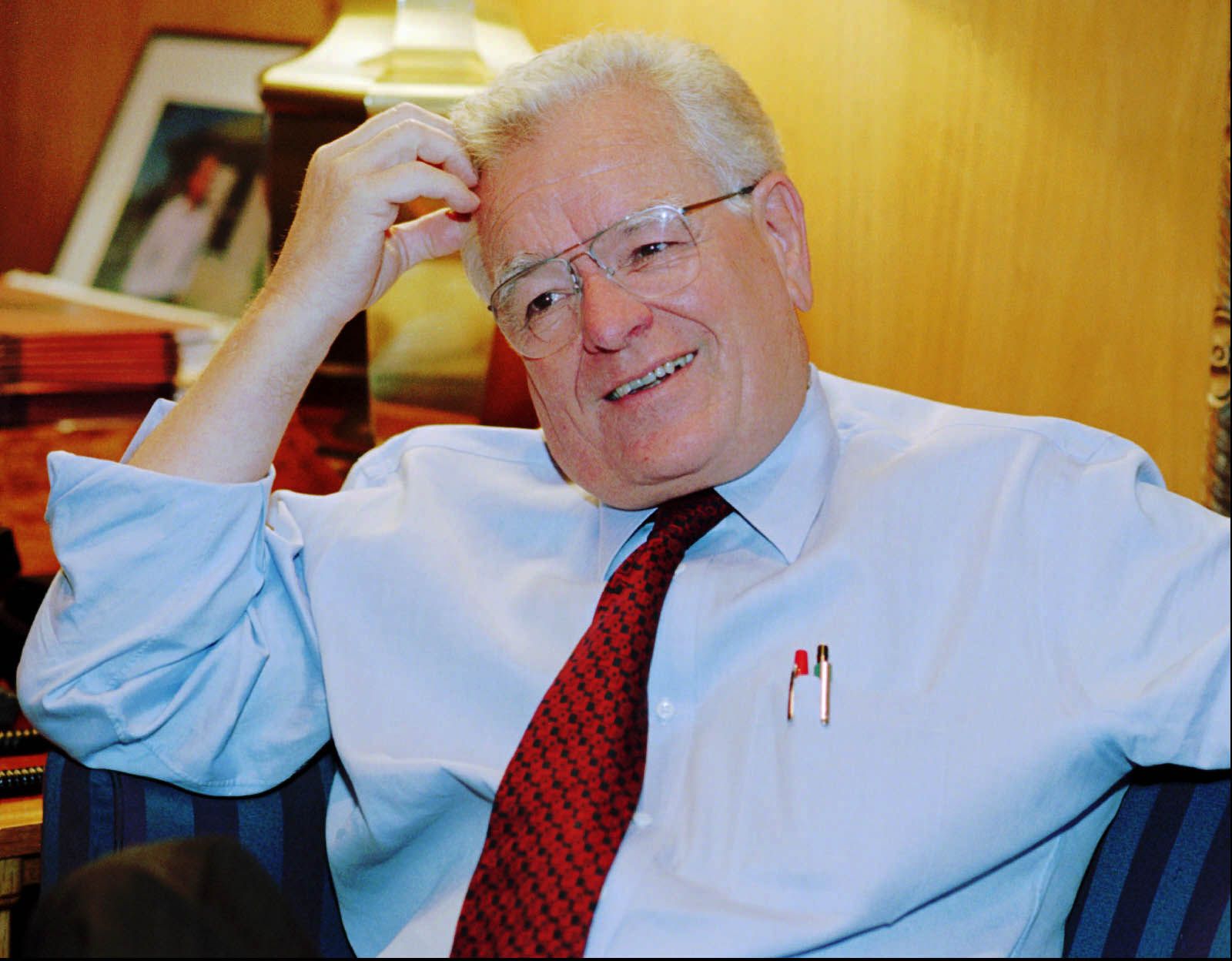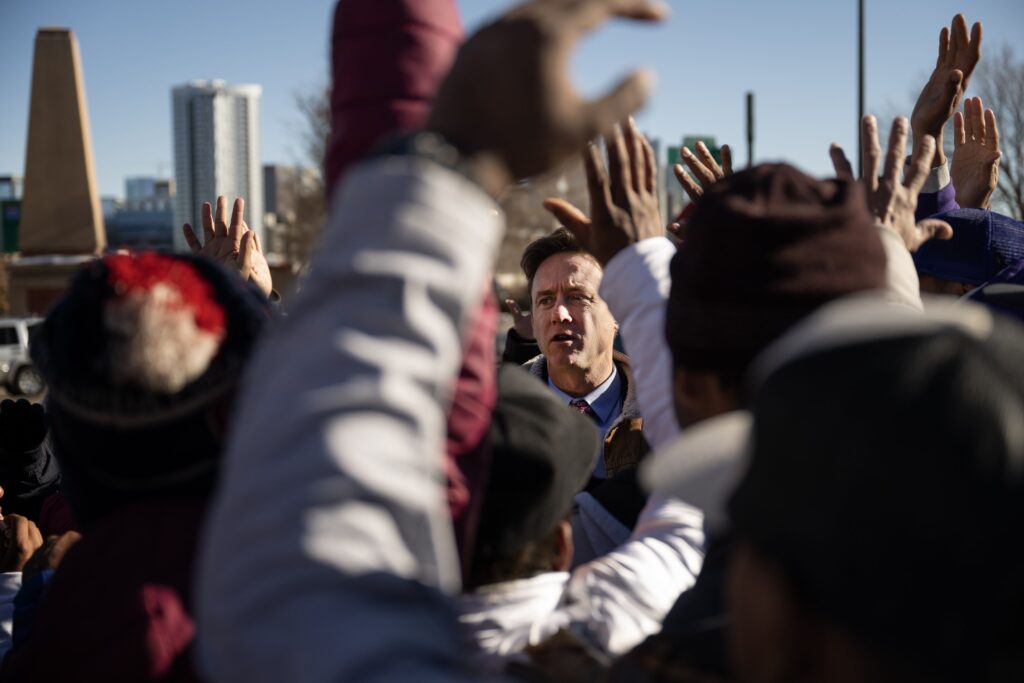Ballot initiative seeks to help Colorado gambling towns survive, Gov. Romer pushes back | A LOOK BACK

Thirty-Five Years Ago This Week: All the Black Hawk, Cripple Creek and Central City sponsors of state ballot Initiative 4 were hoping for was to pay for the upkeep of their historic buildings, or so the initiative’s proponents claimed.
“They just want to raise enough new money to tide their towns over between tourist seasons,” said lobbyist Freda Poundstone. “Otherwise their historic buildings are going to fall into wrack and ruin. What could be more worthwhile than preventing a demise like that? It’s just a $5 bet limit.”
The controversial Ballot Initiative 4 would restrict gambling “to the commercial districts” of the three towns “and to structures which conform to the architectural styles and designs common to such areas between 1875 and World War I, regardless of the age of said structures.”
In addition, the percentage of the building in use for gambling would be restricted, the hours of gambling would be limited to between 8 a.m. and 2 a.m., a “Limited Gaming Control Commission” would be created, and a “limited gaming fund” would be set up in the state treasury. Of that fund 28% would be distributed to the state historical fund and 20% of that would be required to be spent to preserve or restore Black Hawk, Central City and Cripple Creek.
Poundstone said that the three former mining towns were “literally fighting for their survival.”
“In the mining days, they had a year-round economy,” Poundstone said. “Now they’re down to three months a year, in which they have to make enough to live the rest of the year. This would be very helpful to their economic well-being.”
In a press conference, Gov. Roy Romer was explicit in his opposition to Ballot Initiative 4.

“I’m concerned,” Romer said, “that this limited gambling could lead to an expansion of gambling into other parts of Colorado. There’s no way to prevent it. I think it is very unlikely that it would stay within the limits of those three towns. Once it is established, there would be annual pressures to widen the limits.”
Both Arapahoe County Sherriff Pat Sullivan, who represented the Colorado County Sheriff’s Association, and Vic Reichman, district attorney in Durango and president of the Colorado Council of District Attorneys, voiced their concern that limited gambling would bring an influx of professional gamblers, unlimited crime, domestic violence and a host of worries for law enforcement that would add additional stress to already stretched departments.
“We believe it teaches our children the wrong things about life,” said Gilbert Horn, executive director of the Colorado Council of Churches. “It teaches that life is a crapshoot, and we don’t believe that.”
Clark Strickland, director of the regional office of the National Trust for Historic Preservation, argued that the initiative was not truly focused on historic preservation.
“The law provides for gambling halls in the style of the old buildings,” Strickland said. “We fear the old buildings will be torn down. It happened in Deadwood, South Dakota. We’ve seen tremendous changes since gambling.”
Poundstone scoffed at the fears raised.
“That $5 bet limit is just recreational gambling, not professional,” Poundstone said. “I resent our little towns being compared to Deadwood, it’s much bigger. Central City and Cripple Creek don’t even have grocery stores. And the majority of churches in Central City never asked the Council of Churches to do anything, so this is basically a fundamentalist approach.”
Poundstone also pushed back against Romer’s assertion that gambling would spread across the state and fundamentally change the character of Colorado.
“For gambling to spread the people have to vote for it,” Poundstone said. “I think the governor ought to have more faith in the people.”
When Poundstone was asked by The Colorado Statesman how she would feel about having a casino in Arapahoe County or Greenwood Village, Poundstone said, “I don’t think the people in Arapahoe County want it. But the people in Gilpin and Teller counties do.”
Rachael Wright is the author of several novels including The Twins of Strathnaver, with degrees in Political Science and History from Colorado Mesa University, and is a contributing columnist to Colorado Politics, the Colorado Springs Gazette and the Denver Gazette.













